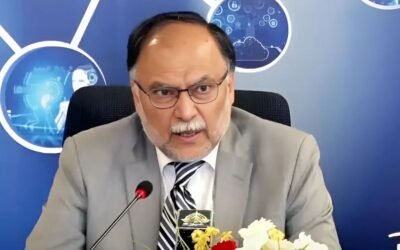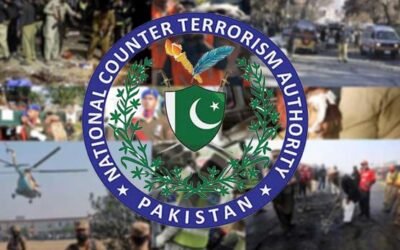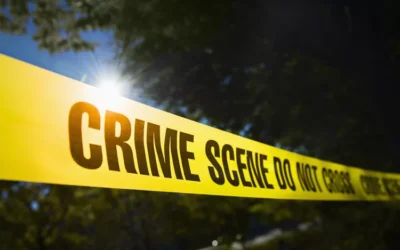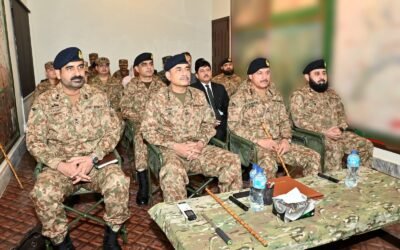Following a period of stalled peace efforts three weeks after the high-profile US-Russia summit in Alaska, a new dynamic has emerged with both the Presidents of United States, and Russia i.e., Trump, and Putin now publicly placing responsibility on Europe for the lack of progress. The shared message from Washington and Moscow appears to be an attempt to pressure European allies into taking a more decisive role in the conflict’s resolution.
President Donald Trump, in a call with European leaders on Thursday, renewed his call for Europe to increase its contributions to the war effort. A White House official stated that Trump “emphasized that Europe must stop purchasing Russian oil that is funding the war” and also urged European leaders to “place economic pressure on China for funding Russia’s war efforts.” This message comes despite ongoing trade negotiations between the U.S. and China, which the Trump administration seems hesitant to jeopardize with new sanctions.
Simultaneously, Russian President Vladimir Putin has intensified his own rhetoric, accusing Europeans of generating “hysteria” over Russia’s intentions. During a meeting with Slovak Prime Minister Robert Fico in Beijing, Putin reiterated that Russia has “never had, does not have, and will never have any desire to attack anyone.” This is a classic Russian strategy to sow discord among NATO allies. The European Commission has also reported a suspected Russian GPS jamming incident targeting a plane carrying its top leader, further highlighting the ongoing tensions.
The diplomatic developments underscore a growing friction point within the Western alliance. While Trump is pressuring Europe to take stronger action, European nations are already working to reduce their dependence on Russian energy. According to recent reports, European oil imports from Russia have dropped significantly in the first quarter of 2025 compared to 2021.
This dual pressure from Washington and Moscow has created a complex landscape. While there has been some progress on the idea of a potential peacekeeping force for Ukraine, with French President Emmanuel Macron stating that 26 countries have pledged contributions, this progress remains conditional on a peace deal that has yet to materialize. The lack of a clear path forward has reportedly frustrated President Trump, as the promised meeting between Putin and Ukrainian President Volodymyr Zelensky has yet to be scheduled.
You May Like To Read:




























